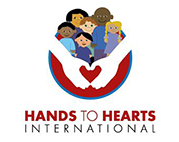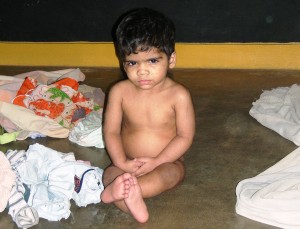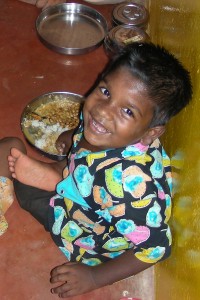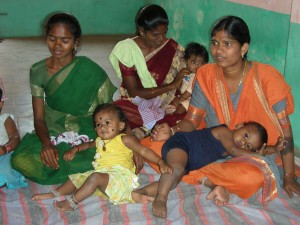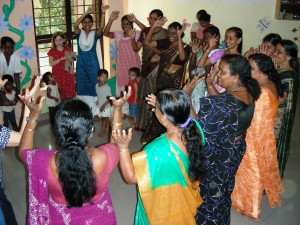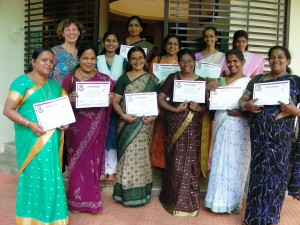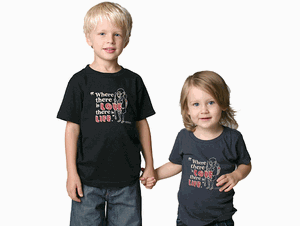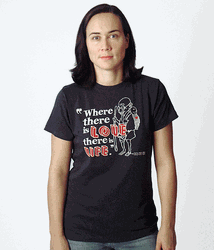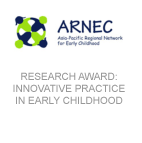So many people tell me that their dream to is to build an orphanage for children in Africa or some other place in desperate need. I understand that the person’s intention is to do good, to rescue children, but I am exceptionally frustrated by this idea that creating yet another orphanage is mistaken as “good”. I have now visited dozens of orphanages and I can tell you there is almost no such thing as a “good orphanage”.
Orphanages do exist, but to create more of them is a BIG mistake in almost any situation. In most cultures it is the extended family and/or community that takes in orphans. It is the role of others in the community, local churches, government and other organizations to provide the vital support to make these informal adoptions work. But many countries have created and embedded the practice of creating institutional care to take in orphans. I liken this situation to prisons – it is a “build them and they will come” scenario. And, once these institutions are built and filled, this sadly becomes a long-term status quo – out of sight, out of mind. And then to try to de-institutionalize children, reintegrate them into families and communities after years of living in an institution where they did not develop bonding, full physical/cognitive/social or language development, these children do NOT transition smoothly back into a family/community or society that they have never been a part of.
HHI strives to offer orphanages training and support to improve the care they offer to the babies and children in them, though it is not our goal to just make “better orphanages”. Our ultimate goal is to undermine why these institutions exist in the first place, reasons such as intractable poverty and women not having any knowledge or say about family planning.
I was excited to have just learned about a brilliant model that bridges the gaps for orphaned children and their extended families and communities. Check out this article in the New York Times, “Death in Birth: Fragile Tanzanian Orphans Get Help After Mothers Die.” This is a creative solution that includes families and ensures a successful reintegration of children who are tragically orphaned.
